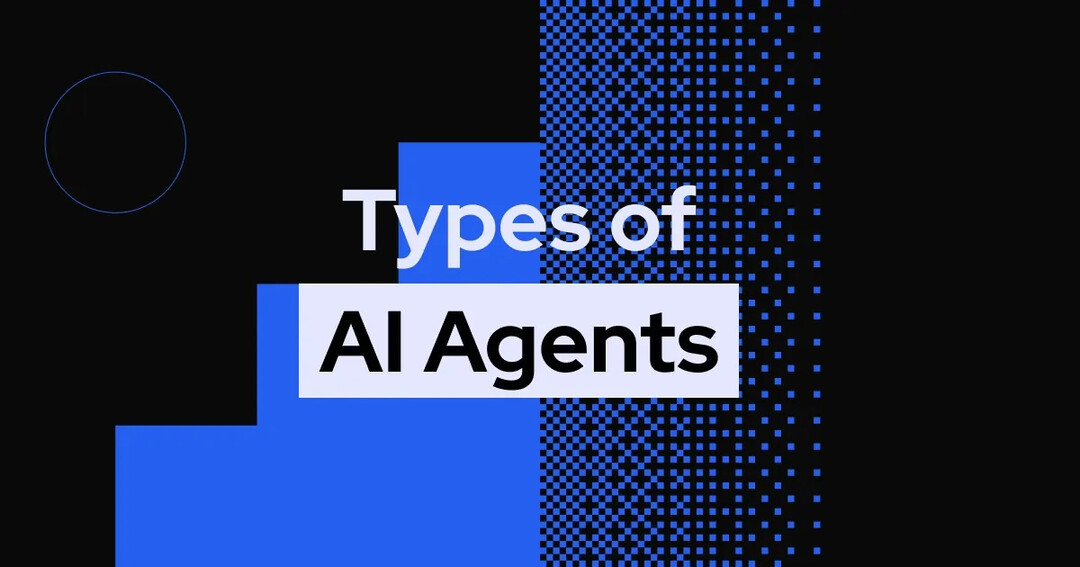
[GLOBAL ECONOMIC TIMES] The competition surrounding ‘artificial intelligence (AI) agents’ that handle complex tasks on their own is in full swing. AI agents are attracting attention as a step forward from chatbots that passively answer questions.
According to The Information, an American information technology (IT) media outlet, on the 26th (local time), Google is developing an AI agent that performs tasks such as collecting data, purchasing products, and reserving airline tickets on behalf of users in web browsers. The project name is ‘Project Jarvis’, named after the AI assistant ‘Jarvis’ in the movie ‘Iron Man’.
This feature helps you automate routine web-based tasks by taking a screenshot of what's on your computer screen, recognizing it, and then pressing a button or entering text. The media reported that Google could demonstrate this function as early as December when it launches the next version of its large language model (LLM) ‘Gemini’.
On the 22nd, Anthropic, which is considered a rival to Open AI, introduced a similar ‘computer use’ technology. In the demonstration video, the AI was asked to make a schedule to see the sunrise at the Golden Gate Bridge in San Francisco, USA. It moved the mouse cursor on its own, accessed Google, and searched for sunrise times and good viewing points. It automatically goes into the map application (app), determines the travel time from the starting point, and even inputs the schedule into the user's calendar.
Anthropic said that the technology is still experimental and prone to errors, but that it released a beta version to receive feedback from developers. This can be seen as an intention to gain an upper hand in the increasingly competitive AI agent market.
OpenAI, which brought about the AI craze with its generative AI chatbot ‘ChatGPT’, is also known to be developing an AI agent that uses computers instead of humans. Sam Altman, CEO of OpenAI, said in a media interview last May that the AI ‘killer app’ that will immediately dominate the market is “a very capable colleague who knows my entire life, every e-mail, and every conversation I have had.” He said, “Compared to future products, ChatGPT is stupid.”
Recently, enterprise software companies such as Salesforce and Microsoft have released services to help companies easily build customized AI agents. For example, Microsoft says its “Sales Qualification Agent” automates prospect research and sending personalized emails, allowing sales reps to focus on high-priority customers.
Market research firm Gartner selected AI agents as one of the top 10 technology trends for next year. It is predicted that the percentage of daily work decisions made through AI agents will increase from 0% this year to at least 15% by 2028. Gartner also pointed out that organizations need to prepare for increased stress due to digital over-immersion and security issues due to misuse of AI agents. The chronic problems of generative AI, such as the ‘hallucination’ phenomenon that produces false information, are considered as challenges for commercialization of AI agents.
[Copyright (c) Global Economic Times. All Rights Reserved.]






























